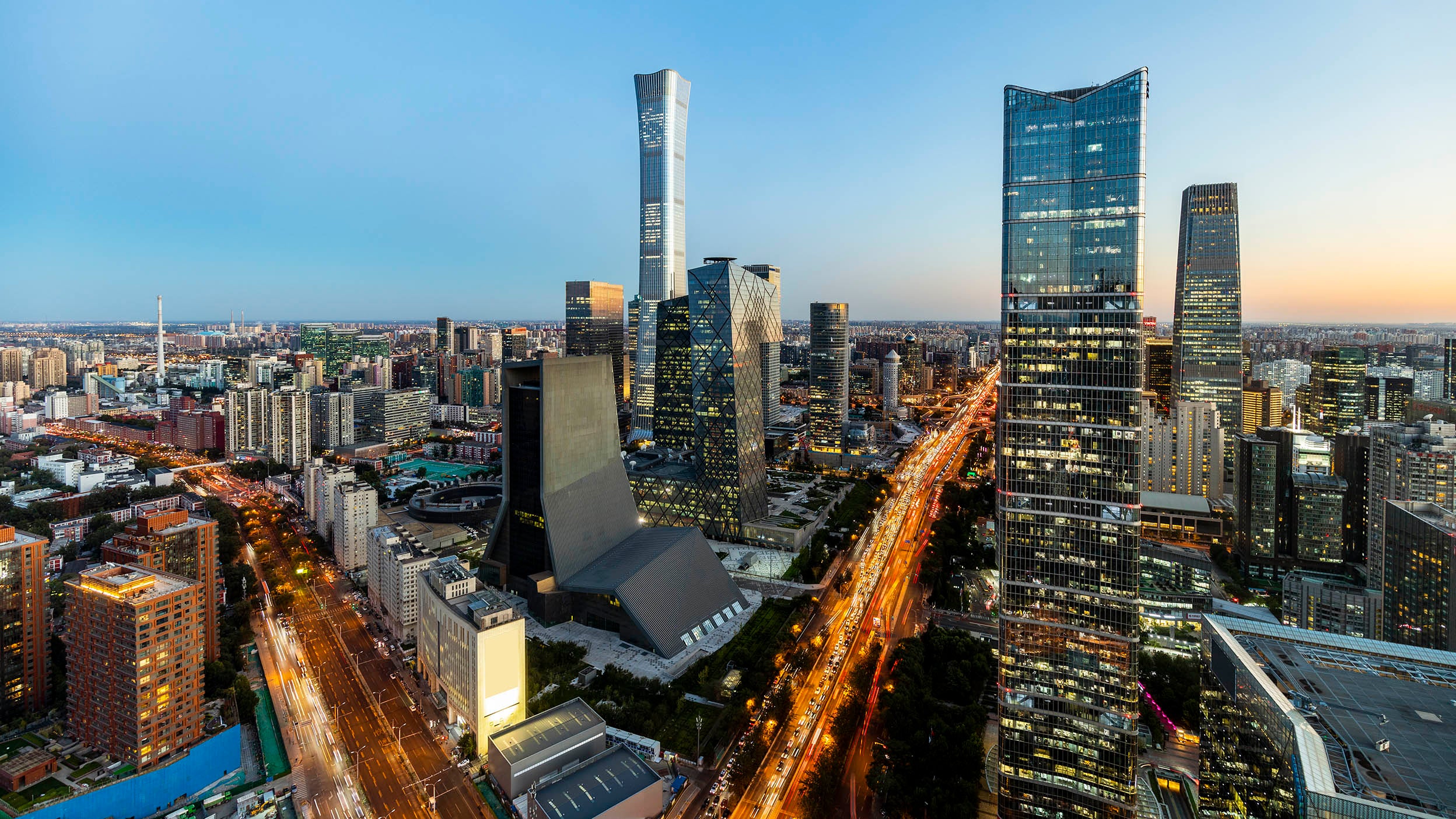
Real Estate Real estate pricing: Short-term view needs long-term perspective
To determine what current pricing, expected fundamentals, and capital spending mean for future returns, the long view on real estate cap rates provides perspective.

To identify potential real estate opportunities, population trends must be understood alongside macroeconomic drivers.
An aging population means more medical office and life science properties, and a range of age-related residential options.
China’s rising labor costs and projected population declines could alter supply chains, pushing growth to other regions.
What factors will drive real estate investment opportunities and where will they be? Follow the money and people! When economies and demographics shift, real estate opportunities emerge. This is the first in a series of articles on demographics and real estate. It covers the drivers of global demographics that are likely to generate several types of global real estate investment opportunities.
Here are some highlights from my paper, Follow the money — and the people.
Five demographic drivers
Five drivers of global demographic change are likely to stimulate real estate investment opportunities.
Here are the types of investment opportunities that we expect for global real estate based on the drivers.
While each driver is impactful in isolation, it's the interaction of these drivers that produces a fuller range of potential real estate investment opportunities (see table below). This range takes on unique characteristics as the consideration of demographics narrows from the global level to the country level, and down to the local or trade area level. Future papers in this series will look more deeply into demographic trends within regional and local geographies to see how they spur the potential for real estate investment opportunities.
| Demographic drivers | ||||||
|---|---|---|---|---|---|---|
Real estate opportunity |
Population vs wealth |
Growth vs change |
Migration |
Aging |
Income/wages |
|
Wealth+ migration = more and diverse opportunities |
✓ |
✓ |
|
|
|
|
Needs of seniors will shape property demand |
|
|
|
✓ |
|
|
Multi-generation housing demand to grow |
|
|
✓ |
✓ |
✓ |
|
Live/work: Hybrid work reinforced; urbanization to persist |
✓ |
✓ |
✓ |
✓ |
|
|
Housing demand: Less growth, more churn |
✓ |
✓ |
|
✓ |
|
|
China production to shift to East Asia and Mexico |
✓ |
✓ |
|
|
✓ |
|
Read my complete analysis about how global demographics shape real estate investment opportunities in “Follow the money — and the people."

To determine what current pricing, expected fundamentals, and capital spending mean for future returns, the long view on real estate cap rates provides perspective.

Investors seeking potential income and risk-adjusted performance may want to consider private real estate credit.
Important information
NA3507282
Economic growth is an increase in aggregate production in an economy, which is generally manifested in a rise in national income.
Population growth is an increase in the number of people in a population or group.
Net migration represents people choosing to leave one country and move to another, as well as movement within a country.
Global supply chain diversification refers to developing flexibility and redundancy of the global supply chain in order to minimize risk and increase agility, by increasing number of suppliers and/or expanding and reimaging manufacturing and distribution networks.
The value of investments and any income will fluctuate (this may partly be the result of exchange rate fluctuations), and investors may not get back the full amount invested. Property and land can be difficult to sell, so investors may not be able to sell such investments when they want to. The value of property is generally a matter of an independent valuer's opinion and may not be realized. Generally, real estate assets are illiquid in nature. Although certain kinds of investments are expected to generate current income, the return on capital and the realization of gains, if any, from an investment will often occur upon the partial or complete disposition of such investment.
Investing in real estate typically involves a moderate to high degree of risk. The possibility of partial or total loss of capital will exist.
The opinions expressed are those of the author, are based on current market conditions and are subject to change without notice. These opinions may differ from those of other Invesco investment professionals.
Data as of March 2024 unless otherwise stated.
Investing in real estate typically involves a moderate to high degree of risk. The possibility of partial or total loss of capital will exist.
This link takes you to a site not affiliated with Invesco. The site is for informational purposes only. Invesco does not guarantee nor take any responsibility for any of the content.